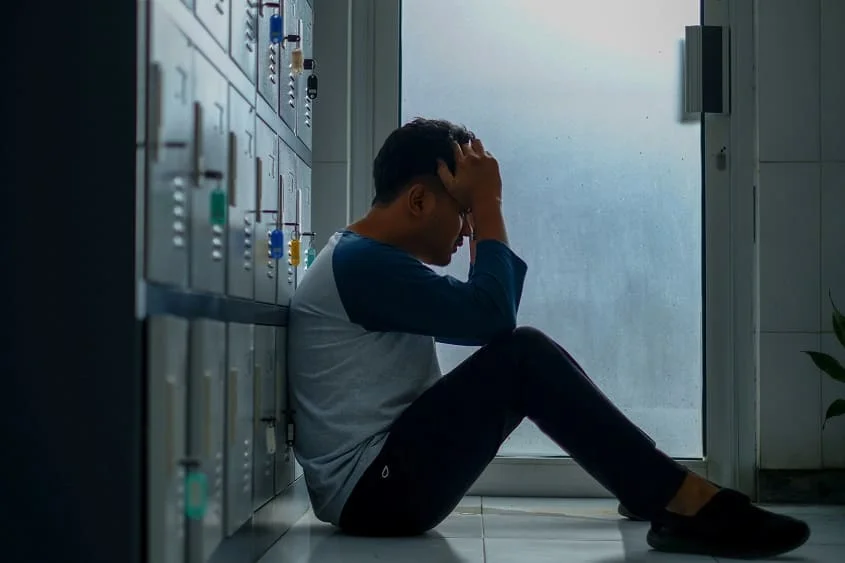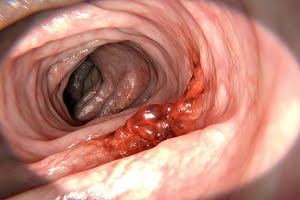Understanding Hemorrhoids
Before we explore the link between stress and hemorrhoids, let’s first understand what hemorrhoids are. Hemorrhoids can be internal or external, with the former occurring within the rectum and the latter under the skin around the anus. They are caused by increased pressure in the lower rectum, which can lead to swelling of the blood vessels. This pressure may result from various factors, including straining during bowel movements, chronic constipation or diarrhea, obesity, pregnancy, and sitting for long periods.
The Stress Connection
Stress is the body’s natural response to challenging situations, and while it’s primarily thought of as a mental health issue, it can have profound physical effects as well. The body responds to stress by releasing hormones such as cortisol and adrenaline. These hormones can affect digestion and alter bowel movements, potentially leading to constipation or diarrhea. As mentioned earlier, both of these conditions can contribute to the development of hemorrhoids due to increased strain and pressure.
Stress and Digestive Health
When under stress, the body’s fight or flight response is activated, which can slow down or disrupt the normal digestive process. This disruption can lead to constipation, which is a common trigger for hemorrhoids. Straining to pass hardened stools can increase the pressure on the veins in the rectal area, leading to hemorrhoids.
Lifestyle Factors
High levels of stress can also lead to unhealthy lifestyle choices such as poor diet, lack of exercise, and excessive alcohol consumption, all of which can contribute to the occurrence of hemorrhoids. For instance, stress-eating patterns that include high amounts of processed and low-fiber foods can result in constipation and the subsequent development of hemorrhoids.
Symptoms of Hemorrhoids
Knowing the symptoms of hemorrhoids can help you seek timely treatment and potentially reduce the stress associated with the condition. Common symptoms include:
- Anal itching
- Painful bowel movements
- Blood on your toilet paper or in the bowl
- Swelling around the anus
- A lump near your anus, which may be sensitive or painful
- Stress Management and Hemorrhoid Prevention
Managing stress can be a vital step in preventing hemorrhoids or alleviating symptoms of hemorrhoids if they do occur. Below are some strategies that may help:
Mind-Body Techniques
Incorporating mind-body techniques such as meditation, deep-breathing exercises, and yoga can help manage stress levels. These practices promote relaxation and have been shown to improve overall digestive health.
Regular Exercise
Physical activity can reduce stress and help prevent constipation by stimulating bowel function. Aim for at least 30 minutes of moderate exercise, such as walking, swimming, or cycling, most days of the week.
Healthy Diet
A balanced diet rich in fiber can prevent constipation and reduce the risk of developing hemorrhoids. Include plenty of fruits, vegetables, whole grains, and legumes in your meals. Additionally, staying hydrated by drinking plenty of water can help keep stools soft and reduce straining.
Adequate Sleep
Sleep is crucial for overall health and stress management. Ensure you’re getting enough rest each night to help your body recover and manage stress more effectively.
Treatment Options for Hemorrhoids
If you do develop hemorrhoids, various treatments can help manage the condition:
- Over-the-counter (OTC) medications: Creams, suppositories, and ointments can offer relief from pain and itching.
- Warm baths: Soaking in a warm bath for 10 to 15 minutes can relieve discomfort.
- Cold compresses: Applying ice packs to the affected area can reduce swelling.
- Fiber supplements: These can help soften stools and make them easier to pass.
- In some cases, minimally invasive procedures or surgery may be necessary to remove or reduce hemorrhoids.
Learn more about hemorrhoids treatment.
Do Hemorrhoids Go Away on Their Own?
Key takeaways
While stress itself doesn’t directly cause hemorrhoids, it can contribute to conditions and behaviors that increase the risk of developing them. By understanding the role stress plays in digestive health and adopting strategies to manage it, you can reduce the likelihood of hemorrhoids and improve your overall wellbeing.
Consult Your Healthcare Provider
It’s important to talk to your healthcare provider if you’re experiencing symptoms of hemorrhoids or if your stress levels are affecting your quality of life.
FAQs
Can managing stress help in reducing hemorrhoid flare-ups?
Yes, managing stress can help in reducing the frequency and severity of hemorrhoid flare-ups. Stress management techniques can lead to improved digestion and bowel function, which in turn can alleviate the strain on the rectal veins and prevent developing hemorrhoids.
Are there any specific types of exercises that are recommended for those who suffer with hemorrhoids?
Low-impact exercises such as walking, swimming, and yoga can be beneficial for those with hemorrhoids. They can improve blood circulation, reduce constipation, and minimize the pressure on the hemorrhoidal veins. It's important to avoid heavy weight lifting and other high-impact activities that might exacerbate your condition.
Can stress-related changes in diet lead to hemorrhoids?
Yes, stress can sometimes cause unhealthy eating habits, such as consuming high-fat, low-fiber foods that can cause constipation. This increases the risk of developing hemorrhoids due to the added strain during bowel movements. Adopting a diet rich in fiber, fruits, and vegetables can help maintain regular bowel movements and reduce the risk.
What should I do if stress management techniques are not reducing my hemorrhoid symptoms?
If stress management techniques and lifestyle changes are not alleviating your hemorrhoid symptoms, it's important to consult with a healthcare provider. They can assess your condition and recommend additional treatments such as medications, procedures, or other therapies to help manage your symptoms and improve your quality of life.







